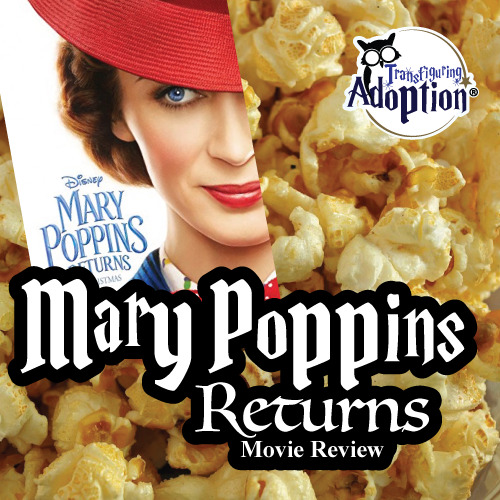Transfiguring Adoption’s Overview:
Loop (2020) is a unique project that stands out among the usual Disney/Pixar works produced. This film is a short portrayal that shows the experience of a child with autism who cannot communicate like most of her peers. Instead, through her eyes we see how her new friend, Marcus, learns to communicate with Renee and see her world in a new light. This short film can be enjoyed by most audiences due to its short length, beautiful graphics, good story content, and overall wonderful story telling.
** Spoilers Could Be Ahead **
How Is This Relevant To Adoption & Foster Care?
Though an Autism diagnosis is not exclusive to foster and adoptive care experiences, many children who come through the child welfare system have needs unique to their own development and experience. Some children may have an Autism Spectrum Disorder diagnosis, but many more struggle with sensory-related challenges that may stem from drug exposure, neglect, and trauma and have affected childhood development. This film is a wonderful short film for preschool and up to enjoy with their families for both kids and adults alike to gain insight about those that may communicate differently from themselves.
Discussion Points:
- Communication
Children who have been in the child welfare system may struggle with communication skills (both in reception and expression) due to deficits in the temporal lobes from exposure to toxic stress. As a result these children will need help from a caring adult willing to bridge the gap between these children and those around them. Learning various communication styles (i.e. – verbal, body language, tone, etc.) is a valuable skill for our children to learn before entering the world. - Care for Others
Along with deficits in communication, children in the child welfare system have not had the chance to practice social skills in a healthy and normal setting as their peers typically have. An action we may perceive as selfish may in reality be a child expressing a need in the only way they know how. Discussing how care for others may be different from care for self is very valuable for children who need practice in areas such as social skills and communicating care. - Uniqueness is Not Scary
Across the board, most children react in fear to what they do not understand or find unfamiliar. As a result many children may shun peers due to misunderstandings in how others communication and function overall. Children will, of course, look to a safe adult to see how to respond to new experiences, but sometimes will look to peers or simply react with fear-based behavior as the unknown can take logic off the driver’s seat of their brains. For this reason it is important for a caring adult to talk to children frequently and often about how uniqueness can be celebrated and to not be afraid of people that communicate or look different from themselves.
Cautionary Points:
- Water-Related Suspense
During the short film experience there are sequences of Renee rocking the boat, the children nearly being hit by a motor boat during a moment where Renee experiences sensory overload, and a boating accident that results in their canoe flipping. This may be problematic for a child who has suffered trauma as a result of water or boating accidents. - A Character is Shown Experiencing Sensory Overload/Meltdown
While Renee is experiencing sensory overload (and observed to have a meltdown), she thrashes around, yells, and inadvertently leads to the children nearly being hit by a motor boat and flipping the canoe. Children who have experienced danger in response to such cues may be triggered with overwhelming emotions. This may also be overwhelming for a child who has not seen someone experience sensory overload in this manner. While this may not be too much to view, caregivers should still be prepared to monitor the volume of the TV for children also sensitive to loud noises like Renee but to also be prepared to talk to children about Renee’s experience as they may be startled by the sudden shift to meltdown.
[Donate to this Project]



